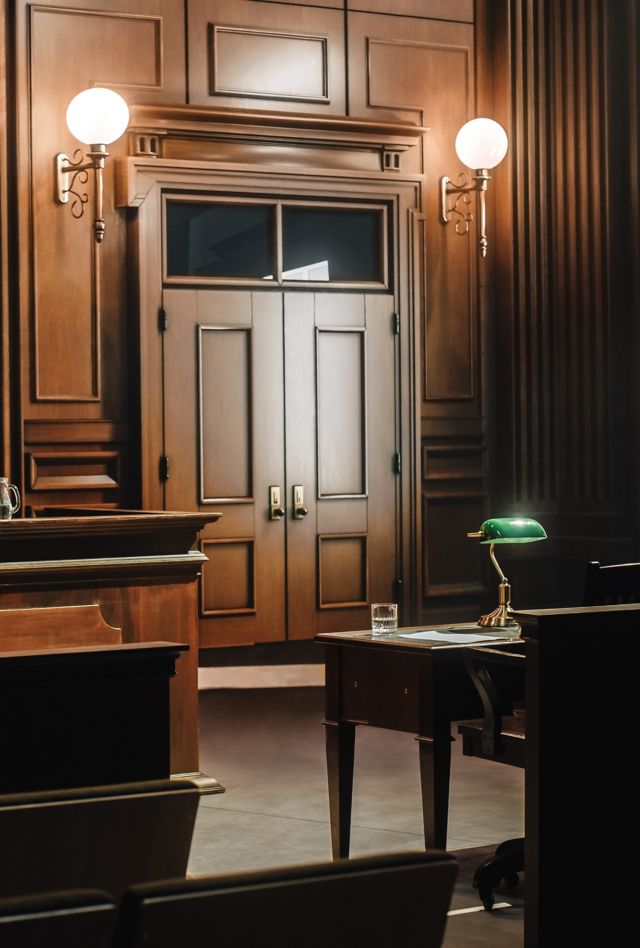Prosecutorial Discretion in Probation Revocations

Challenge
Additional information is needed about the prosecutor's role in probation decisions.
The U.S. courtroom workgroup is comprised of criminal prosecutors, defense attorneys, and the judicial officer. To date, we continue to lack a dynamic understanding of formal and informal decision-making within the workgroup and across workgroup actors. For example, when persons on probation are faced with revocation, little is known about the prosecutor’s role in the revocation process and considerations in deciding whether individuals who violate a term or condition of their probation sentence will have to serve the balance of their sentence in jail.
Response
NORC and partners will conduct a national study of prosecutors’ role in probation decisions.
With funding from Arnold Ventures, the Justice System Partners (JSP), NORC at the University of Chicago, and Fair and Just Prosecution (FJP) will explore this issue by specifically looking at:
- The authority granted to prosecutor offices via state statutes
- How prosecutor offices interpret relevant state statutes
- The role of prosecutor offices in probation revocation decision-making
- The relationship of prosecutor offices and probation departments.
JSP, NORC, and FJP will conduct a national scan of state statutes, a state-by-state survey of prosecutor offices, in-depth interviews with prosecutors, and will host a convening of prosecutors.
NORC will lead the survey of prosecutor offices. All prosecutor offices within the U.S. will be invited to complete a survey via web, phone, or mail that asks questions about the role of the prosecutors’ office in setting conditions of supervision and deciding the outcome for individuals who violate their probation supervision.
Result
Findings from this study will inform our understanding of the role of the prosecutor in probation revocations.
NORC will compile data from the survey and in-depth interviews into a summary document describing the decision-making framework prosecutors currently use to make probation revocation decisions.
Project Lead
Related Tags
Project Leads
-
Jeanette Hussemann
Principal Research ScientistSenior Staff -
Genevieve Ray
Senior Research DirectorSenior Staff










